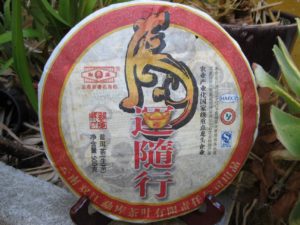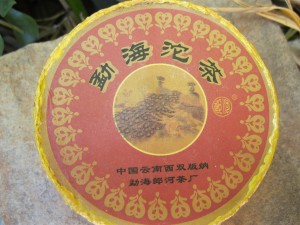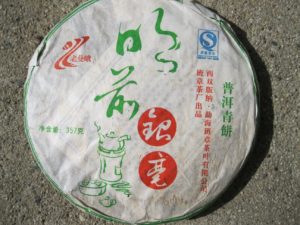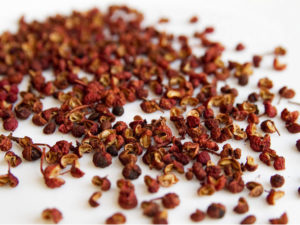Huigan: Puerh Mysteries #187
I’ve been pondering this concept of “huigan” lately. Specifically, I’m wondering about what it might really mean in the context of raw puerh. Huigan is generally translated as “aftertaste,” literally as “returning sweetness,” or not at all. In Chinese, the huigan is said to “arrive quickly” or “to have huigan.”
I think it’s fair to conclude that it is a figure of speech, a compliment, but that would be a mistake. It doesn’t even seem to me to be the same as aftertaste either, because there’s already a phrase for that.
I’m wondering if huigan has anything to do with the astringency that characterizes raw puerh, but ripes are similarly described and they do not have much astringency.
Astringency seems to be an alien concept to many. Often it is associated with bitter. Often the terms are used together. When huigan is mentioned, it’s not necessarily in the context of bitterness and astringency. Hmmm.
Maybe it encompasses all of these. Again, the question is why would such a term be particular to puerh but for the fact that gan returns from somewhere. Is that somewhere bitterness and astringency?
For certain huigan has nothing to do with the broth. Maybe it’s the mouthfeel after the broth. Some productions have very activating effects on the tongue, cheeks, and throat that are not attributable to the drying-effects of astringency. To me it very much conjures the effect of the Sichuan pepper.
Anyway, I’ve posted some pictures of productions that I believe capture huigan. In later infusions, in productions that express a quick huigan, the huigan will naturally take longer to develop. Gradually an echo of one cup to the next creates a constant buzz in the mouth.




